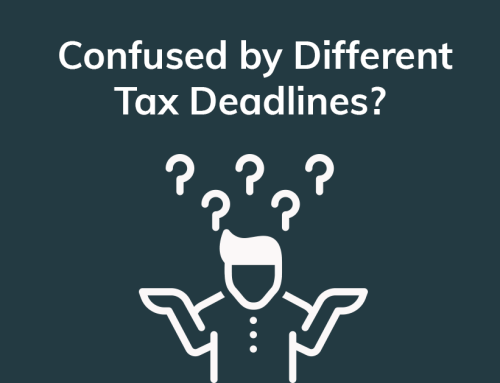Our clients regularly seek advice about investing in property and whether a corporate wrapper is appropriate. Our Corporate Account Manager, Sam Price, has taken the time this month to detail the important factors to consider.
It is not usually recommended to purchase your main residence in your company name, as this could lose the relief to exempt any gains on sale from capital gains tax. It can be beneficial making an investment via a limited company, although each case is different and it does depend on your long term goals.

Investment Property through the Company
Rental income will be subject to corporation tax at 20%.
The gain on the sale of the property would be taxed at 20%, also. However, companies can deduct an indexation allowance – an allowance for the effects of inflation on the cost of the property.
Funds in the company would commonly be extracted as a dividend, which would be taxed at an effective rate of 0% or 25% depending on the bracket at which tax is paid. This arrangement would give the flexibility to control levels of income and distribute it tax-efficiently.
Investment Property Owned Personally
Rental income is taxed similarly to salary and is payable at 20% or 40% depending on your tax bracket, although there is no national insurance due on the profits.
Rental income could use up some of the basic rate tax band and could push dividends into the higher rate bracket, where further tax is due.
On the sale of the property, each owner would be able to use their annual capital gains allowance, meaning £11,100 would be tax-free. In excess of this, tax would be payable at 18% or 28% depending on their status as a higher rate taxpayer. No allowance is given for inflation.
For bespoke and personal advice, please contact Sam Price or another one of our qualified accountants.
















